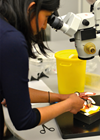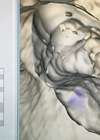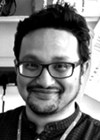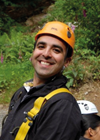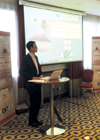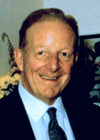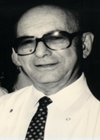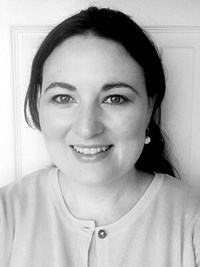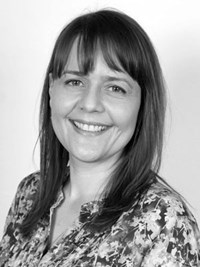Trainee Matters
Audiology and speech language pathology programmes in India: an overview of education and career opportunities
This article is provided by Lalsa Shilpa Perepa, a Clinical Audiologist who started her audiology career in India. Audiology and speech language pathology (ASLP) courses in India are offered by various colleges and institutes that are affiliated with different universities...
Securing the future of ENT in the UK
A career in otolaryngology is fascinating, fulfilling and fun, but how do we convince our potential successors? Jay Doshi, Asad Qayyum, Bradley Storey and Tom Milner outline the fantastic efforts to showcase ENT throughout the UK. Student and foundation doctors...
Educational audiologists: adding value, bridging gaps
Educational audiology provides a vital link between health and education by supporting children with hearing loss in educational settings. Joy Rosenberg presents an overview of the training route available in the United Kingdom. Students in lecture. Educational audiologists greatly enhance...
A global online fellowship in head and neck surgery and oncology
The International Federation of Head and Neck Oncologic Societies (IFHNOS) offers an online fellowship training programme for advanced trainees wishing to subspecialise in head and neck surgery and oncology. Emma Stapleton speaks with the Chairman of the Board of Directors...
Audiology training in South Africa
There are many different ways to become an audiologist throughout the world and it is interesting to see how different some of the training routes can be. Dr Cherilee Rutherford, a lecturer in audiology at the University of Cape Town,...
Practical training courses for otolaryngology trainees
In this extended Trainee Matters, it’s a pleasure to present a trio of excellent articles with a theme of practical training courses for otolaryngology trainees. Miss Rachel Edmiston, Professor Nirmal Kumar and colleagues have written a valuable guide to setting...
Charles Skinner Hallpike and the Hallpike Prize
The British Association of Audiovestibular Physicians introduced the Hallpike Prize in 2009 as an award to stimulate the pursuit of knowledge in relation to the field of audiovestibular medicine. Julian Ahmed celebrates the history of the great man the award...
The Association of Otolaryngologists in Training: by trainees for trainees
The Association of Otolaryngologists in Training (AOT) is an independent organisation, run by trainees for trainees in the UK for over 25 years. Its aims are to represent all ENT trainees in the UK; to improve and promote standards of...
Across the pond: a tale of two fellowships
Where in the world is Halifax? Many outside of Canada have never heard of the Maritime Canadian town of Halifax. Before leaving to start a year-long fellowship there, we both had to answer many questions from family and friends about...
Evidence-based hospital management of epistaxis
Epistaxis is the most common presentation to acute ENT services in the UK. However, there are currently no nationally accepted guidelines for its management. The British Rhinological Society, ENT UK and INTEGRATE (The National ENT Trainee Research Network) are working...
The Graham Fraser Foundation
Graham Fraser (1936-94) was a pioneering otolaryngologist, in whose memory the Graham Fraser Foundation was set up, and an eponymous annual lecture and a travelling fellowship in otology were established. It’s an honour to profile the Foundation in this extended...
Communication Disorders: a combined discipline of audiology and speech and language pathology – the Israeli perspective
Liat Kishon-Rabin provides an excellent summary of audiology training in Israel, encapsulating the development of audiology services in the country. Readers will be intrigued by the systematic approach taken to its development, and its pairing with speech and language pathology....



